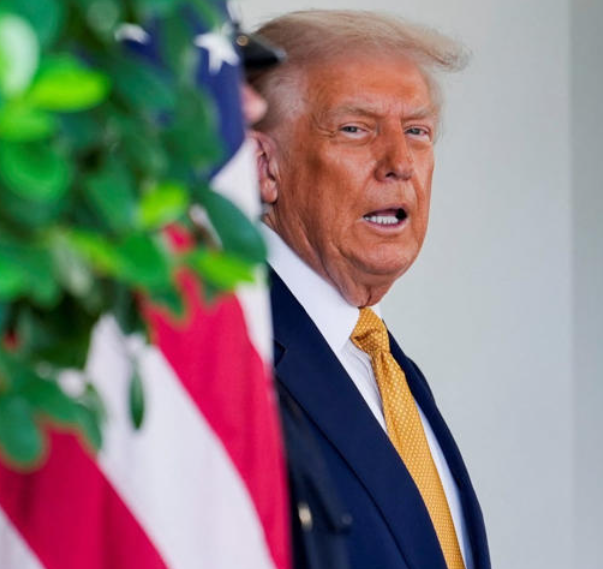
The Trump administration announced sweeping changes on Tuesday aimed at dismantling affirmative action and diversity, equity, and inclusion (DEI) programs across federal agencies and contractors. In a bold move, all federal DEI staff were directed to be placed on paid leave and will face eventual layoffs as part of the administration’s strategy to implement a merit-based hiring system.
This shift follows President Donald Trump’s executive order, signed on his first day in office, to reverse decades of federal policies designed to promote diversity and inclusion. The order repeals a landmark directive by President Lyndon B. Johnson that established affirmative action in federal contracting. It also terminates DEI programs supported by federal contractors and grant recipients, effectively dismantling one of the primary mechanisms the Biden administration used to advance diversity initiatives in the private sector.
The Office of Personnel Management (OPM) issued a memo on Tuesday mandating federal agencies to:
By Thursday, agencies must compile a comprehensive list of DEI offices and personnel as of Election Day. By next Friday, plans must be in place to initiate layoffs for DEI staff through a “reduction-in-force action.”
The executive order accuses the Biden administration of embedding “discrimination” programs into federal operations through DEI initiatives. During his tenure, President Joe Biden mandated federal agencies to develop diversity plans, issue progress reports, and track hiring and promotion trends through a government-wide dashboard. These efforts aimed to address demographic disparities in the federal workforce, where senior leadership remains predominantly white and male.
Trump’s new directive eliminates such plans, terminates DEI-related roles, and bans initiatives like anti-bias training and diversity performance goals.
The Trump administration’s agenda targets DEI-related federal grants and benefits, a move that could impact billions of dollars in funding. Conservative activists argue such programs unfairly benefit racial minorities and women, while critics warn that undoing these initiatives could erode support for historically underserved communities.
Dan Lennington, deputy counsel for the conservative Wisconsin Institute for Law & Liberty, described the order as a “seismic shift” that will reshape the federal government’s focus. However, experts caution that some entrenched programs, such as state-implemented diversity criteria in block grants, may be challenging to unwind.
Trump’s anti-DEI stance is expected to reverberate beyond the federal government. Several corporations, including Walmart and Facebook, have already scaled back diversity initiatives following Trump’s election and growing conservative pressure.
Despite the executive order’s sweeping language, legal and bureaucratic hurdles could delay implementation. Experts note that undoing regulations, such as Biden’s ban on salary history inquiries during federal hiring, would require a lengthy rule-making process.
Noreen Farrell, executive director of Equal Rights Advocates, expressed concern about the potential impact of Trump’s policies but emphasized the complexity of executing such structural changes.
“Federal agencies have deeply embedded policies and procedures that can’t simply be switched off overnight,” Farrell said.
President Trump’s latest executive order marks an aggressive shift in federal policy, prioritizing merit-based systems over initiatives aimed at fostering diversity and inclusion. While proponents praise the move as a step toward equality, critics argue it risks reversing decades of progress for marginalized communities.
The full extent of these changes will unfold in the months to come as federal agencies grapple with the directive’s far-reaching implications.
Source: AP







